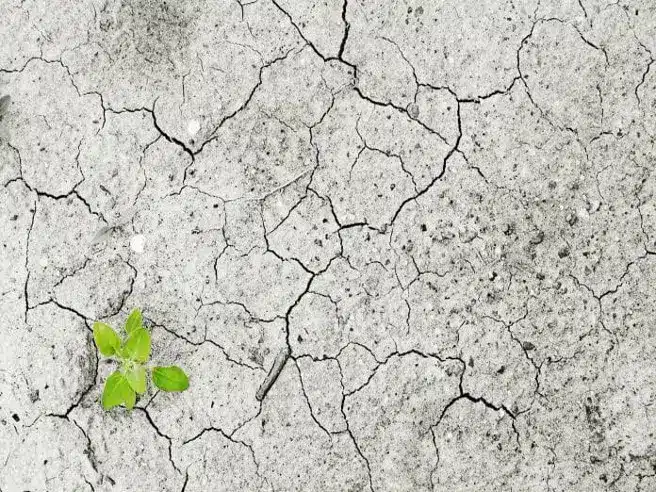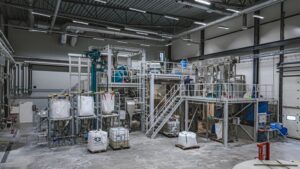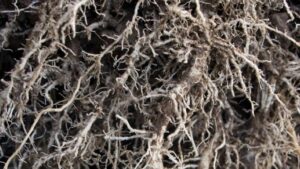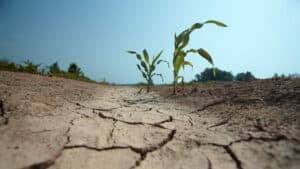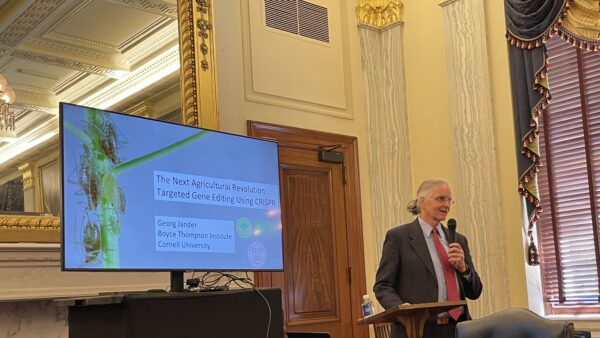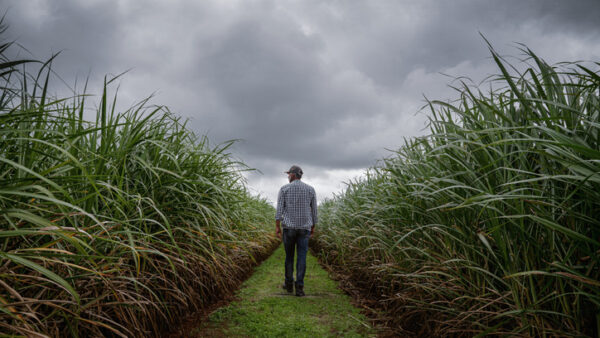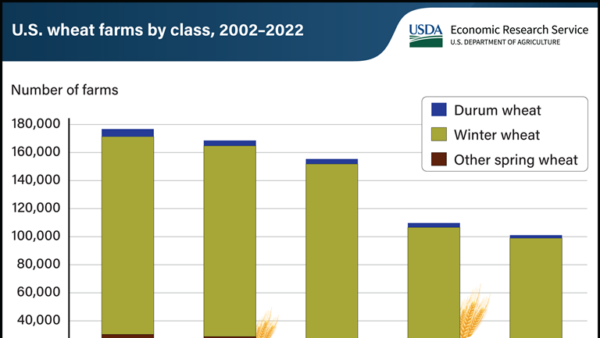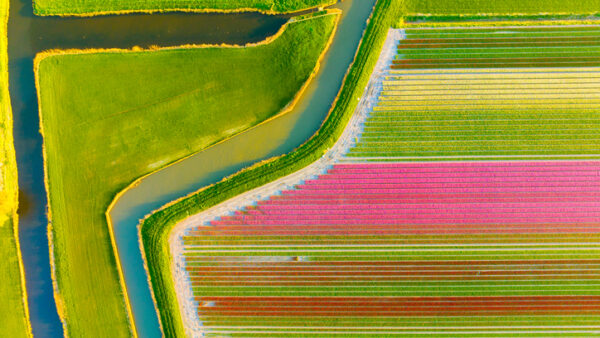Famine makes us think of examples like the drought on the horn of Africa in 2011 where 9.5 million people were affected, and an estimated 250,000 people died.
A book that really resonates with this topic is called “The Coming Famine,” by Julian Crib. In it, Crib highlights food won’t be our only issue when it comes to feeding a population of 9.7 billion by 2050.
Due to drought, climate may have a part in causing a famine, but there are other factors that will limit our ability to maintain crop yields. These will have detrimental effects on the stability of life as we know it currently.
Of all these factors, water would be the most critical. We are already seeing in locations, such as Saudi Arabia, where irrigation of certain crops has been terminated due to the decrease in underground water reserves that have taken millions of years to accumulate. In Australia, many states are currently in drought and irrigation water has been decreased dramatically. Will this be a common occurrence in the future? Will we have to rethink our production systems without the added insurance of irrigation? This will require a major shift in the species that we use to be more suited growing in the natural rainfall season. A potential solution is to develop a cheap way of desalinizing seawater, as we are going to have plenty of seawater as our seas rise and the polar caps melt.
We may be able to solve the water shortage, but that then leads to the next shortage: nutrients.
The nutrient of the greatest need is nitrogen. We manufacture most of the nitrogen we use for putting on crops through Haber-Bosch process. This uses fossil fuels, and, as we know, these are running out. Legumes may be our savior in this process with their ability to fix nitrogen, but will this be enough to maintain or increase crop yields? Remember, we need to increase our current production by 70% on current levels to feed the worlds predicted population of 9.7 billion by 2050.
Phosphorus is the next greatest nutrient required by plants. The world’s supply of rock phosphate, which most of our phosphate fertilizers are manufactured from, is to reach its peak production by 2030 and then be fully depleted in 50 years. Phosphorus is essential for many plant functions such as cell division and seed production, so without another form readily accessible from nature our civilization would collapse.
Potassium or Potash, as it is well known in the fertilizer world, is also mined from rock so is not renewable. It reached its peak harvest in the 1970s, and it will also inevitably run out.
The next greatest challenge is the loss of agricultural land due to degradation or other uses. Worldwide, around three million hectares of agricultural land are lost each year because the soil degrades and becomes unusable due to erosion. An additional four million hectares are lost each year when agricultural land is converted due to urbanization. This leads to greater clearing of forests for more agricultural area which then speeds up the process of climate change. Some radical ideas suggest that we can farm on the poles once the ice all melts by dredging the sea for all the topsoil that has been washed away due to erosion and placing it there. Let’s hope we don’t have to get to this stage.
However, it’s not all doom and gloom. By diversifying the plants that we grow we may be able to increase growth. Almost 72% of the world’s calories come from four major crops: rice, wheat, corn and soybean. A risky gamble of roulette to put all your bets on four numbers.
Having diversity is like having climate insurance. If one species fails, then another may succeed. In early breeding, a practice was to grow mixes of varieties rather than one. This diversity would increase the chance of getting a yield in variable climates. Striving for perfection by having uniform crops may lead to our future downfall if we don’t start adapting to the changes of climate that we are being exposed to.
—Leddin is a member of Plant Breeders Without Borders


